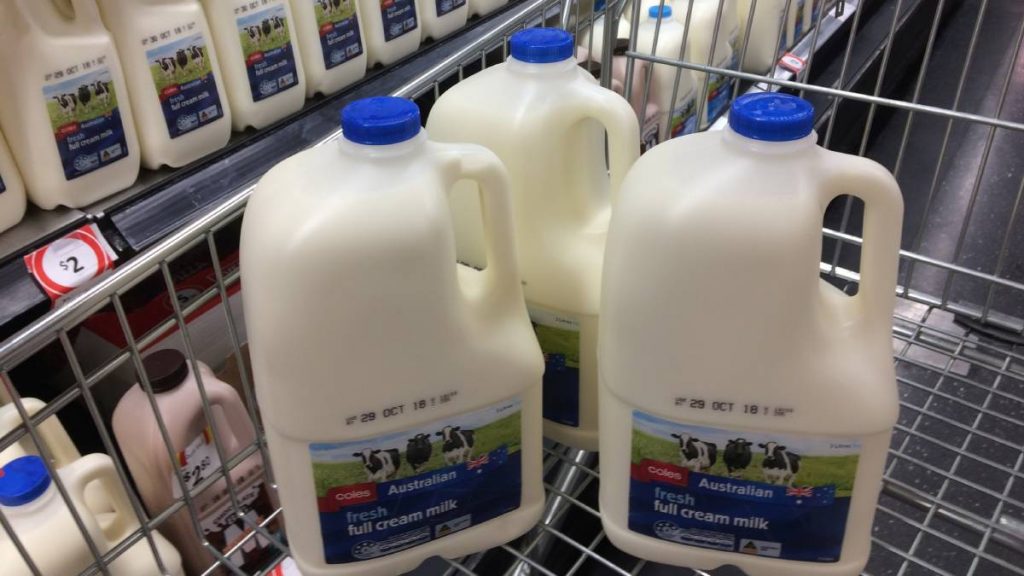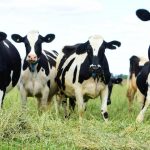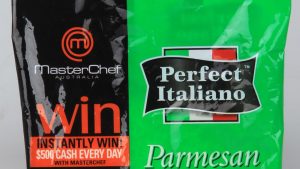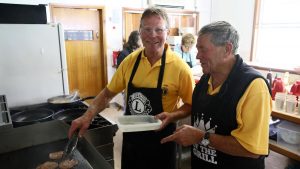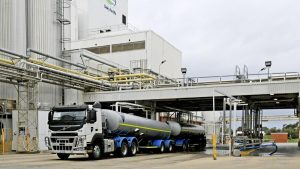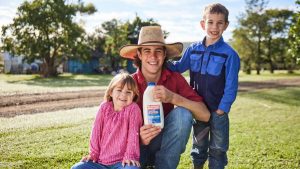
But although bobby calves were discussed at meetings with farmers, the supermarket giant clarified on Thursday that it does not require farmers to rear all bobby calves.
Income estimates obtained by Stock & Land show tier one milk was priced at $8.95 a kilogram of milk solids for the first tier of their milk but farmers say that three days later, another 43c/kgMS was added, increasing the price to $9.38/kgMS.
Tier one milk, called “required milk” by Coles, is the minimum amount a farmer contracts to sell to the supermarket. Theoretically, additional milk may be sold to other processors but is also well-priced.
The initial price was $8.80/kgMS, with the additional 43c/kgMS taking the price to $9.23/kgMS.
The only deduction from prices was a $75 stopover charge.
Asked whether penalties would apply if farmers failed to deliver minimum volumes, a Coles spokesperson said it would be flexible.
“In addition to transparent, component-based pricing, contracts include clear requirements on volumes with a level of tolerance to allow for seasonal fluctuations, and the supply of milk to another party if the farmer desires,” the spokesperson said.
“Given the recent drought conditions, Coles has agreed to work with farmers in year one on milk production volumes.
“Farmers still have the choice to enter into one, two or three-year agreements.”
Quality requirements include a somatic cell count of 200,000 cells/ml and a total plate count of 10,000 cf/ml and thermodurics at 2000 cfu/mL.
A number of Victorian dairy farmers contacted by Stock & Land who have sought income estimates from Coles via its agent, The Milk Department, are yet to receive any information.
A Coles spokesperson said it only began engaging with farmers in mid-June.
“The direct sourcing model was being implemented from 1 July – it is a start date, not an end date,” the spokesperson said.
“Coles respects the decision making process of farmers and notice periods farmers need to provide if they are to switch supply from their current milk buyer.
“Coles has contracted farmers in Vic and NSW to date and we believe we have a competitive offer.”
